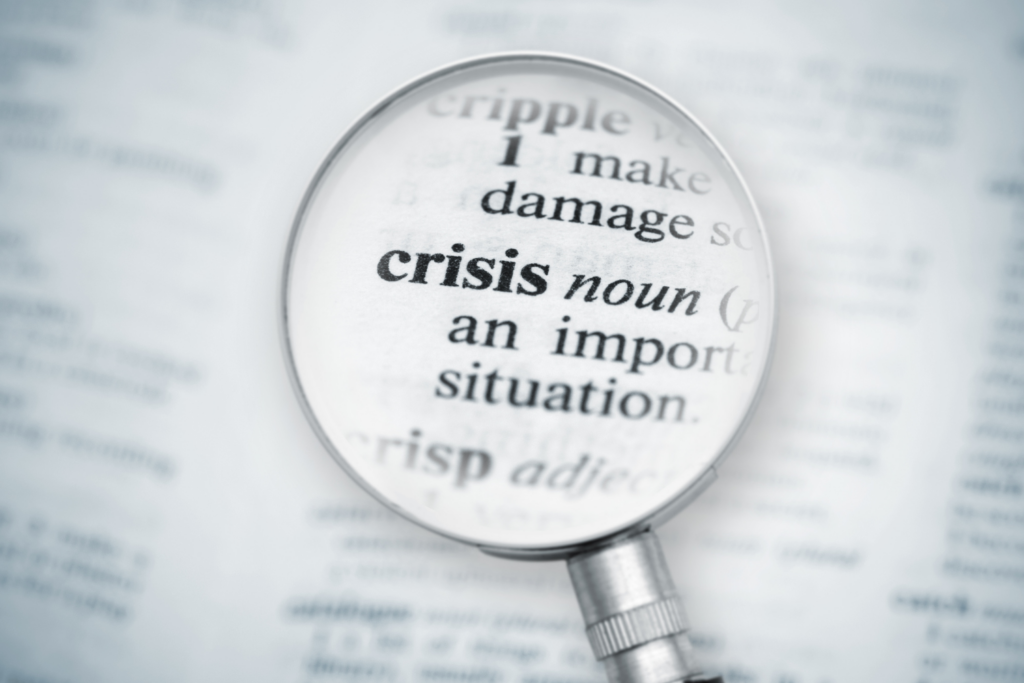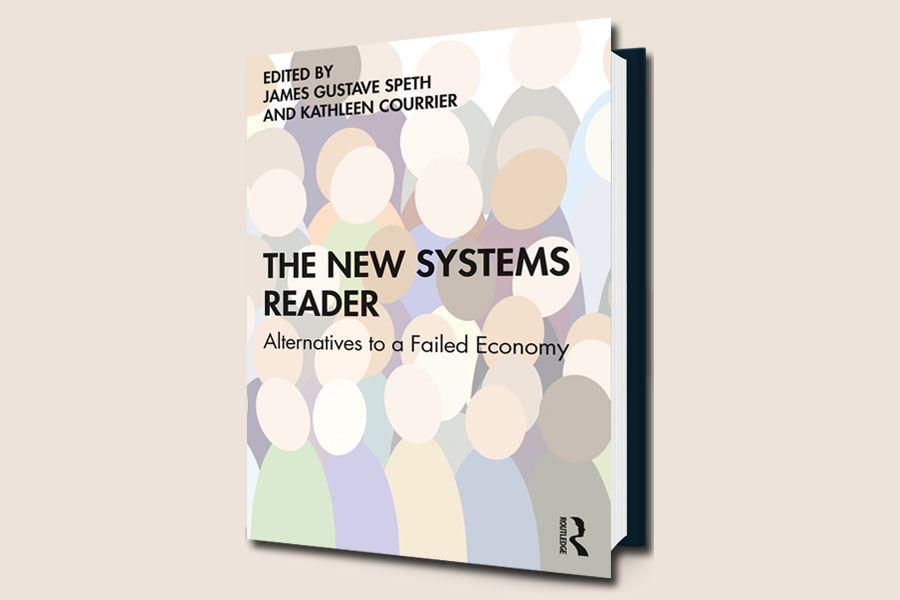On the ‘Polycrisis’ Part II: Philosophies of History & Crises in Political Thought
Building on an earlier post, Bo Harvey begins with the question “what might the popularity of [the term] polycrisis say about the weaknesses of current critical analyses of capitalism?” and proposes that the “conceptual breadth of both terms represents a broader crisis of reference in the concept ‘crisis’.” He then considers the role of crisis […]
On the ‘Polycrisis’ Part II: Philosophies of History & Crises in Political Thought Read More »










